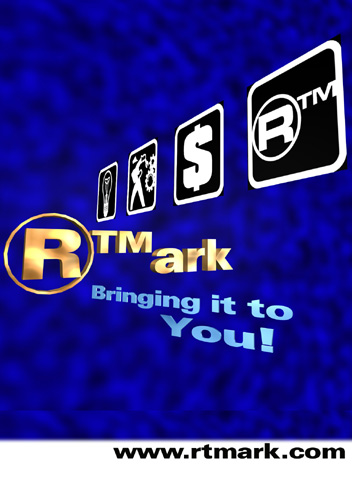| Program
Podiumsdiskussion
(r)(tm)ark, USA:
"Center for anti-corporate sabotage" <www.rtmark.com>
Florian Schneider,
München: "Kein Mensch ist illegal" ("No one is illegal")
<www.contrast.org/borders/kein/>
Karl-Heinz Schubert,
partisan.net, Berlin: "Projekte Archive Radikaler Theorie Info System Alternativer
Nachrichten" ("Projects Archive Radical Theory Info System Alternative
News") <www.partisan.net>
Moderation
Vali Djordjevic, mikro e.V.,
Berlin
Video
Documentation of the Across
the Border Days in the summer of 1997 in Hybrid Workspace, documenta
X, Kassel
Audio
slip service
|
mikro.lounge
#10: Digital International - Electronic Nets as a Political Medium
<http://www.mikro-berlin.org/Events/19990113E.html>
WMF,
Johannisstr. 19, Berlin-Mitte
Wednesday, 13 January 1999,
20 Uhr
|
ml
#10 on
mediaweb-tv
deutsch |
Since the earliest days
of the Internet, the promise rushed through the digital lines that electronic
networks would offer new, previously unknown opportunities for political
participation and influence. The promise held for leftist groups gathering
in electronic mailboxes all the way to the Declaration of Independence
of Cyberspace by John Perry Barlow in which the American will to settle
unknown wildernesses was joined with a celebratory universalized liberalism
-- an odd combination for Europeans. With the increasing commercialization
and instrumentalization through ecommerce and advertising, this role for
the Net faded from view. Nevertheless, the Net can be an effective tool
for communication and the organization of small political groups and coalitions
and can expand the reach of resistance activities and actions. In the process,
it is used as a medium for both publication and communication.
The evening focused on the
various means of political activity. For the guests, these ranged from
traditional forms of politicking to actionist performances.
 Although
they appear again and again in the context of art (Ars Electronica in Linz,
Austria, the atonal Festival in Berlin, etc.), the US group (r)(tm)ark
doesn't view itself as an artistic group. But they do put theatrical and
performative means to use in order to make their political message accessible
to as wide an audience as possible. They take their "language" from the
fields of marketing and advertising which is made transparent via the exaggerated
affirmation of its ideological background. As a means of distribution,
the Internet plays a significant role because it is a simple and inexpensive
way to establish contacts and distribute press releases and announcements. Although
they appear again and again in the context of art (Ars Electronica in Linz,
Austria, the atonal Festival in Berlin, etc.), the US group (r)(tm)ark
doesn't view itself as an artistic group. But they do put theatrical and
performative means to use in order to make their political message accessible
to as wide an audience as possible. They take their "language" from the
fields of marketing and advertising which is made transparent via the exaggerated
affirmation of its ideological background. As a means of distribution,
the Internet plays a significant role because it is a simple and inexpensive
way to establish contacts and distribute press releases and announcements.

Florian Schneider from Munich
talked about the work done by the group "Kein Mensch ist illegal" ("No
one is illegal"). The group supports illegal immigrants and asylum
seekers in Germany. Along with the practical work of supporting refugees,
"Kein Mensch ist illegal" also works in the field of theory in that it
takes up as a theme the term "border" and the changes in its use. In the
summer camps which took place this summer for the second time on the Polish
border, immigrants as well as those living in Germany meet to investigate
the situation in which a refugee has to live there.

Karl-Heinz Schubert presented
"partisan.net", a coalition of various groups from the "traditional"
left. The Web server offers magazines, information services and many other
projects to a self-determined digital audience. But "partisan.net" doesn't
only offer content but also its own technical infrastructure which consists
of the Web server and telephone networks for its members. In this way,
"partisan.net" remains independent of potential sponsors which could under
certain circumstances exert pressure on the content by means of a technical
dependency.
 The
Internet is "owned" for the most part by organizations close to the government
(of the US) and large companies. This shouldn't be forgotten, particularly
by those groups which practice a progressive politics. Access to the Net
is unjust and unequal. That's why informational and technical projects
are important for the further political development on the Internet. On
this evening, we were introduced to a variety of activities which may offer
an overview of various strategies. The
Internet is "owned" for the most part by organizations close to the government
(of the US) and large companies. This shouldn't be forgotten, particularly
by those groups which practice a progressive politics. Access to the Net
is unjust and unequal. That's why informational and technical projects
are important for the further political development on the Internet. On
this evening, we were introduced to a variety of activities which may offer
an overview of various strategies.
[V.D.] |

